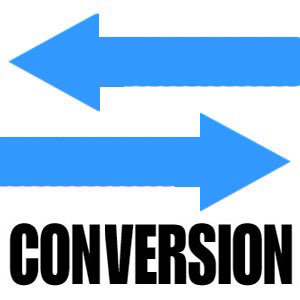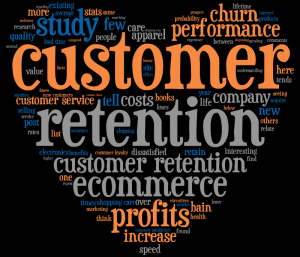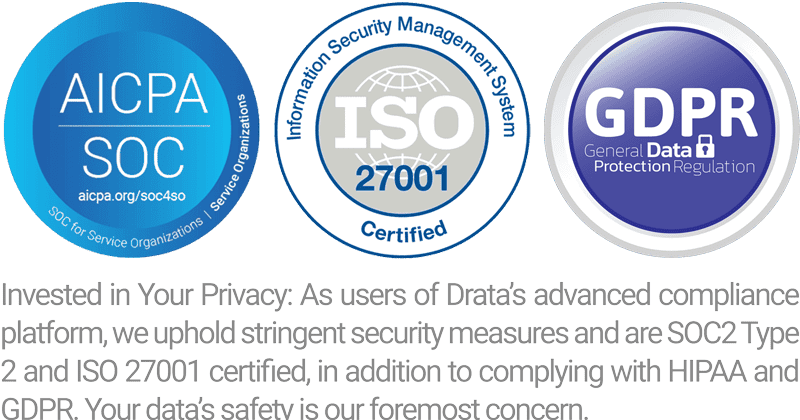Small Business Marketing Automation and Why You Should Get Involved
 Doing small business marketing isn’t easy, and for businesses on a budget it might never seem like the right time to invest in marketing automation tools. The truth is, a user-friendly and fully managed automated marketing platform can make a huge difference in the way small businesses operate from top to bottom.
Doing small business marketing isn’t easy, and for businesses on a budget it might never seem like the right time to invest in marketing automation tools. The truth is, a user-friendly and fully managed automated marketing platform can make a huge difference in the way small businesses operate from top to bottom.
Small Business Marketing and Marketing Automation
There are so many reasons to integrate your marketing efforts. Many small business owners feel like this type of integration is mostly reserved for medium-sized to large businesses because they don’t truly understand the time management/time saving techniques that are a part of a good marketing automation dashboard.
Time management is absolutely critical for small businesses. Business owners who can’t spend a lot of money on resources may find that using their marketing automation dashboard in the right way will give them the same kind of insight a part-time marketing expert would. Marketing automation tools empower small businesses to use their marketing in the most effective way.
Direct management of leads, cost data across all marketing platforms, and key insight that can result in more accurate marketing plans are all small business marketing goals that can be realized with a good marketing automation dashboard. Rather than calling in a marketing expert to do the work and report, small business CEOs can send tasks to their sales teams and beef up marketing efforts based on the reporting data they’re seeing from marketing automation.
Cost Savings
Small business marketing requires an investment. The right marketing automation tools actually cut down on that investment for small business owners because they have all their data tools in one place. Marketing efforts and ROI data come seamlessly without the need to hire a specialist for analysis and reporting. Many marketing automation dashboards also include email marketing tools that may cost extra if you use a service outside the dashboard.
Getting the intelligence data that shows how potential customers are using your marketing materials can result in more sales over time. Marketing automation can change the way a business executes marketing efforts, resulting in more sales – particularly for business owners interested in small business marketing who don’t’ have an advertising background. With the right marketing automation tools, small business marketing can be a snap for cost and time-conscious CEOs.
Lead Liaison’s suite of marketing automation tools can help your business rise to new heights with your small business marketing. For more information, contact us today!











